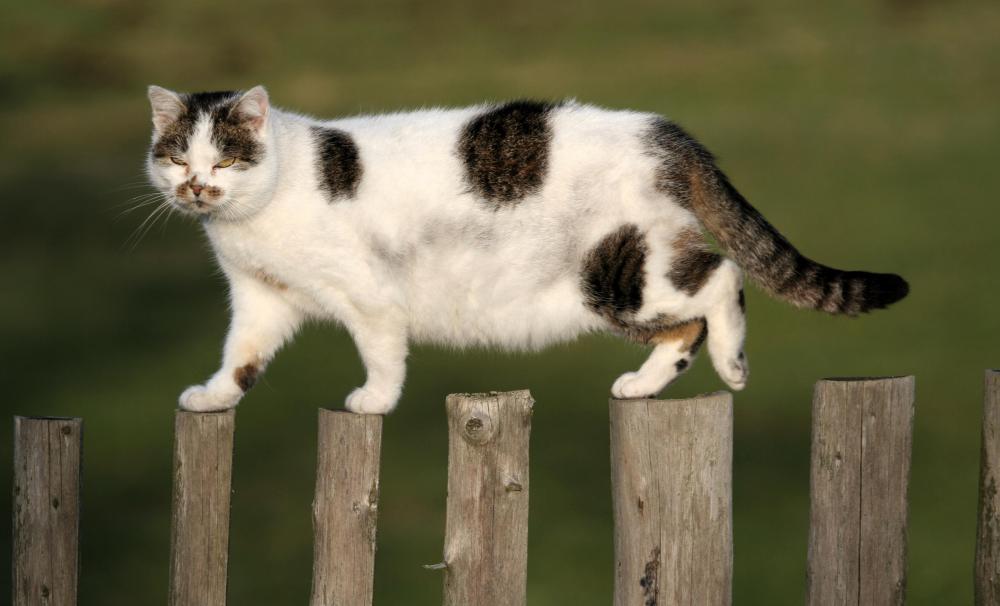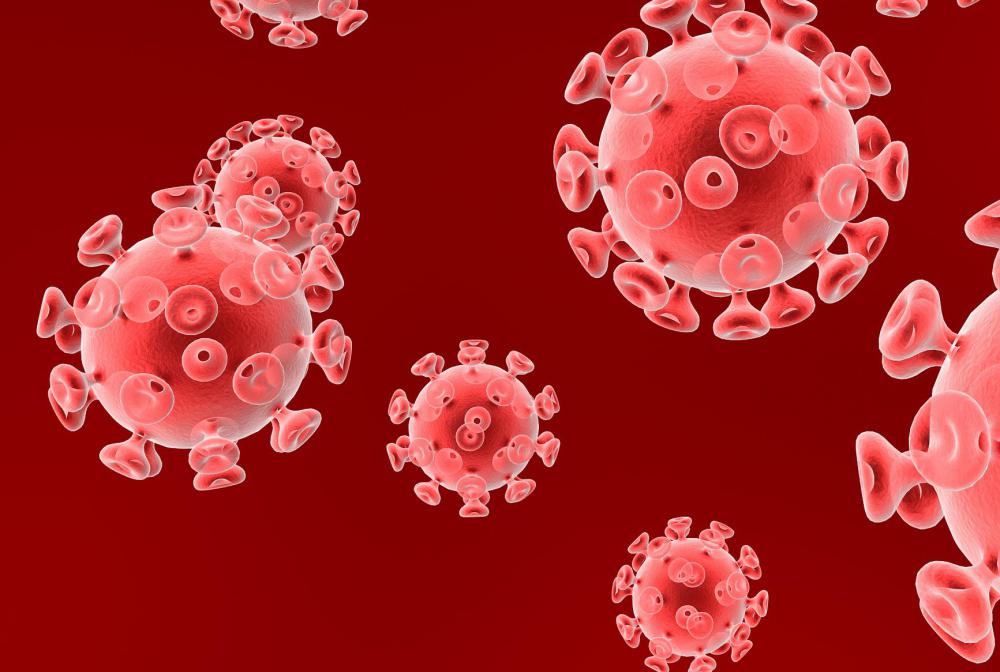At AllThingsNature, we're committed to delivering accurate, trustworthy information. Our expert-authored content is rigorously fact-checked and sourced from credible authorities. Discover how we uphold the highest standards in providing you with reliable knowledge.
What is FIV?
FIV is an acronym for feline immunodeficiency virus, a disease affecting domestic cats and other members of the feline family. FIV is similar to the HIV virus that affects human beings, however FIV only affects cats and cannot be transmitted to people. Unlike feline leukemia, another feline immune disease which is always fatal, a cat that has contracted FIV can live a long and healthy life with veterinary care and a healthy lifestyle
FIV is contracted through contact with a cat that is already carrying the virus. The most common way that it is passed is though saliva, especially during cat fights. A cat can become infected during mating and kittens can contract FIV from their mother. Occasionally, FIV can be passed between cats that are sharing a litter box and food or water dishes, though exchange of body fluids is the biggest factor. Additionally, blood transfusions can also cause a cat to become infected; however veterinarians usually test donor blood for FIV prior to use.

FIV does not itself cause symptoms in the cat’s body. It does however compromise the immune system and makes it difficult for the animal to fight off common illnesses that a healthy cat would never even show signs of. FIV infected cats are prone to pneumonia, upper respiratory infections, FELV, cancer and a myriad of other problems. There is currently no cure for FIV however there is a preventative vaccine. You should have your cat vaccinated against FIV if you plan to let it outdoors.

A cat that has already contracted the virus can live a quality life with special care. First, the cat should not be allowed to go outdoors and should be kept away from other cats that may go in or out. If you have other cats in the home they should be vaccinated against FIV and other common feline diseases. Secondly, the cat should receive regular veterinary care and be seen at the first signs of illness no matter how insignificant it seems. A cat with FIV should also receive a highly nutritious diet to stay in optimal health.
Frequently Asked Questions
What is FIV and how does it affect cats?

Feline Immunodeficiency Virus (FIV) is a lentivirus that affects cats worldwide, similar to HIV in humans. It primarily weakens the cat's immune system, making them more susceptible to various infections and diseases. Infected cats may not show symptoms for years, but once the disease progresses, they can suffer from weight loss, poor coat condition, and other health issues.
How is FIV transmitted among cats?

FIV is typically transmitted through deep bite wounds, where the saliva of an infected cat enters the bloodstream of another. It's most common among outdoor male cats who fight. Casual contact, such as sharing food bowls or grooming, is a very low-risk transmission method. Mother-to-kitten transmission can also occur, but it's less common.
Can FIV be transmitted to humans or other animals?
No, FIV is a species-specific virus that only affects cats. There is no evidence to suggest that FIV can be transmitted to humans, dogs, or other pets. Cat owners can rest assured that FIV has no zoonotic potential, meaning it cannot jump from cats to humans or other non-feline animals.
Is there a cure or vaccine for FIV?
Currently, there is no cure for FIV. Management of the disease focuses on maintaining the cat's general health, preventing secondary infections, and monitoring for associated health problems. A vaccine for FIV was previously available in some countries but has been discontinued due to concerns about its effectiveness and potential for causing false-positive test results.
How can I prevent my cat from contracting FIV?
The best way to prevent your cat from contracting FIV is to keep them indoors, avoiding exposure to potentially infected cats. Neutering male cats can reduce the likelihood of fighting and thus transmission. Regular veterinary check-ups and testing of any new cats before introducing them to your household are also important preventive measures.
What is the life expectancy of a cat with FIV?
Cats with FIV can live normal lifespans with proper care. Although they have a compromised immune system, with vigilant health monitoring and a stress-free, indoor environment, many FIV-positive cats can live comfortably for years. Early detection and tailored healthcare are crucial for managing the disease and maintaining quality of life.
AS FEATURED ON:
AS FEATURED ON:














Discussion Comments
Thank you for sharing your story Heavanet. As the owner of an FIV positive kitty, and I can tell you that cats with this deficiency can live long, healthy lives. Often, this illness does not even result in symptoms. With good care and lots of love, FIV cats are no different than cats that do not have the illness.
Post your comments